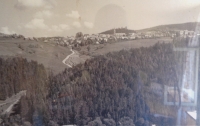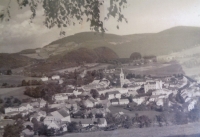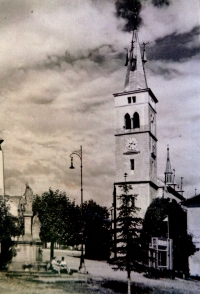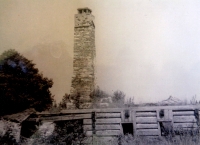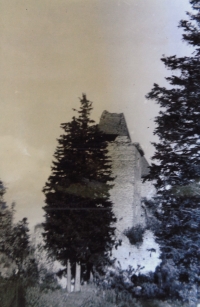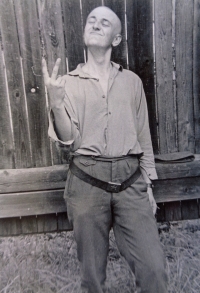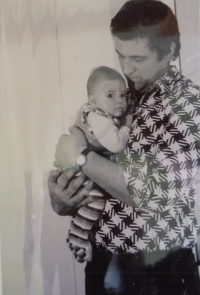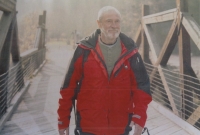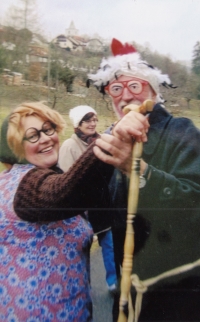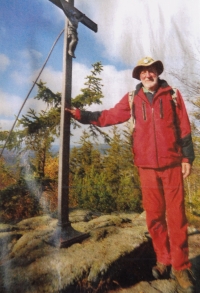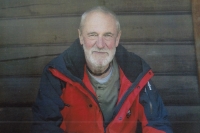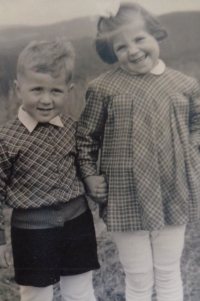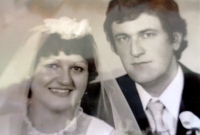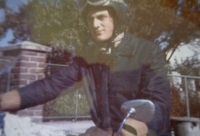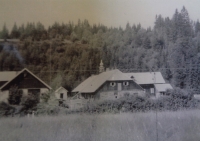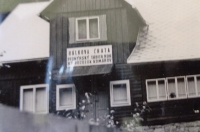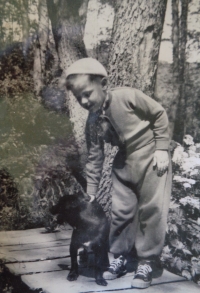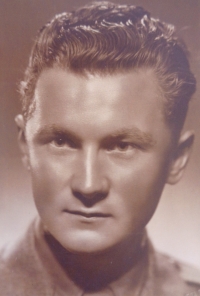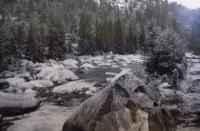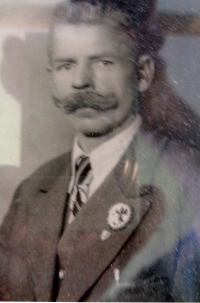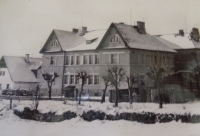I was a customs officer, but I wasn’t involved in the bullying.
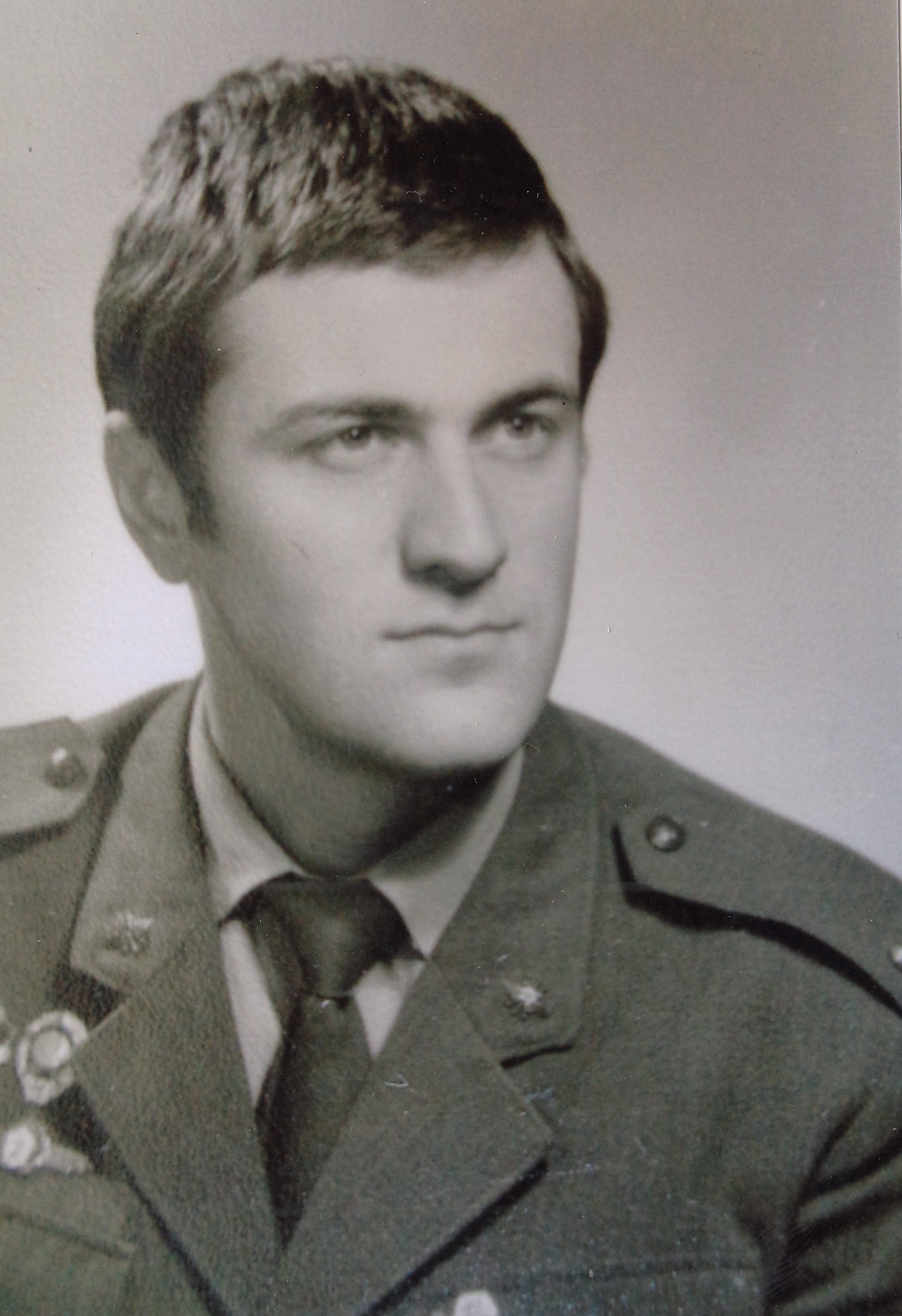
Download image
Vladimír Frenzl was born on 13 October 1953 in Sušice, he spent his childhood and youth in Kašperské Hory. His father Vladimír came from Plas, north of Pilsen, and was from a family of foresters who took care of the forests of the noble Metternich family. After February 1948, he joined the municipal forests in Kašperské Hory, later working as a worker and clerk, showing his son the disappearing German settlements. His mother Vlasta Eichinger came from Loučová, not far from Hartmanice, and his grandfather Hynek Eichinger was a Sumava German. He wrote a petition demanding that Sušice region and Hartmanice region remain in Czechoslovakia and not become part of the German Reich. He was educated at the primary school in Kašperské Hory and his love for tourism was encouraged by his gym teacher and Šumava expert Emil Kintzl. He wanted to study cynology, but his parents decided to send him to the grammar school in Sušice. Then he entered the Faculty of Mathematics and Physics at Charles University, majoring in numerical mathematics, but left the school after the first semester. He worked as a construction worker for the Military Construction, a branch plant in České Budějovice, which was located in Kašperské Hory. During the army he worked as a radiotelegraph operator, he likes to remember how his work went. From 1976 he worked as a customs officer at the Rozvadov border crossing, checking whether people were carrying unpaid or prohibited items. In 1980 he married his colleague Dana, they had two children, the third died of a congenital developmental defect. In the spring of 1989, the couple started working at the Železná Ruda crossing, and during the revolution they were the only ones to join the Civic Forum. After the revolution, he found out that State Security was keeping him as a person under investigation with the code name Frank. In 2003, he left the customs, started to work as a guide in Sumava, still performs for the Sumava National Park.
